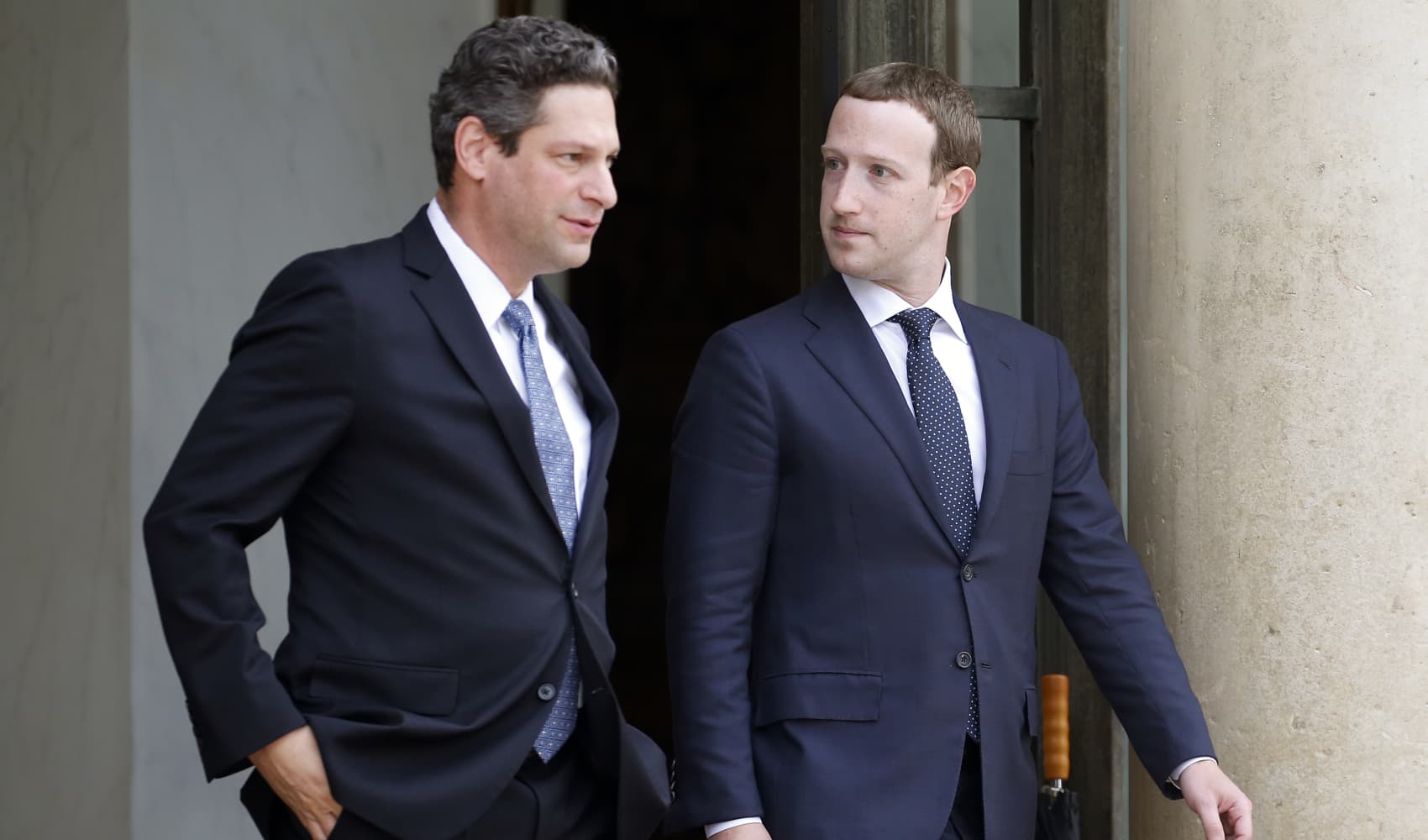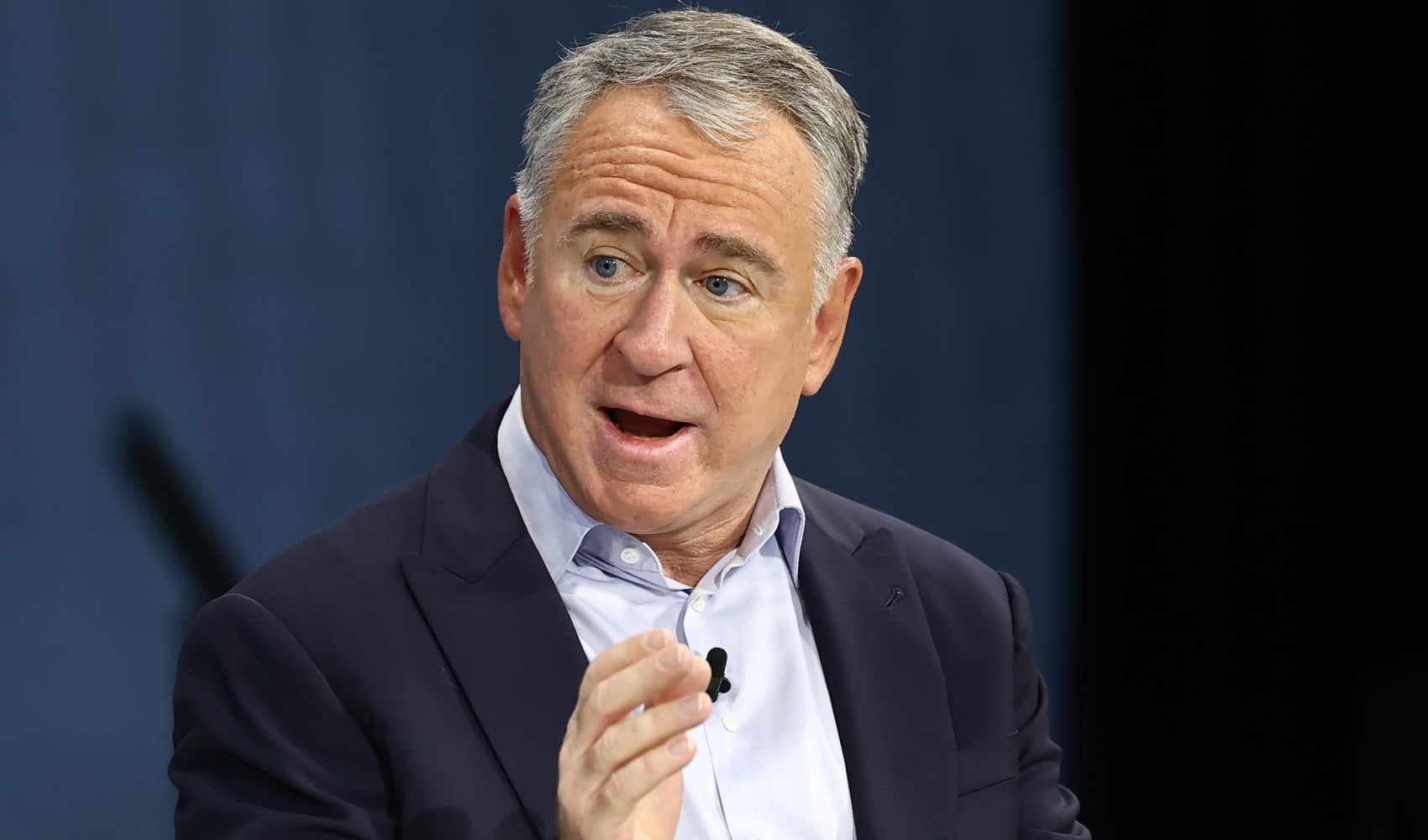
Talking about how much money you make is generally seen as taboo.
Yet many younger workers are doing just that, according to a Bankrate.com survey.
Some 42% of Gen Z workers, ages 18-25, and 40% of millennial employees, ages 26-41, have shared their salary information with a coworker or other professional contact, the survey found. The poll was conducted by YouGov Plc, Feb. 16-18 among 2,449 adults, and of those 1,416 were either employed or looking for work.
"Younger workers are really rewriting the script here," said Bankrate.com analyst Sarah Foster.
Get top local stories in Southern California delivered to you every morning. >Sign up for NBC LA's News Headlines newsletter.
"The workplace landscape is much different for these younger workers and all this is adding up to reshape the workplace environment."

Individual conversations, conducted outside the workplace, can help you know where you stand compared to your coworkers, Foster said. So can research on websites like Glassdoor or Payscale.
Money Report
Yet advocates believe that companies have a role to play and should be open about pay ranges. The hope is that pay transparency will bring about pay equity, which is essentially equal pay for work of equal or comparable value.
"Pay transparency is more about having the structures and frameworks in place that ultimately help to reduce bias, and reducing bias helps you to close pay gaps," said Ruth Thomas, pay equity analyst at Payscale.
A tool in the war for talent

As millions of Americans walk away from their jobs in this era of the "Great Resignation," also known as the "Great Reshuffle," being transparent about compensation may help companies attract and retain talent.
In fact, 63% of employees prefer to work at a company that discloses pay information over one that does not, a survey by Glassdoor found. However, only 19% of employees said their company discloses salary ranges internally among all employees, according to the survey.
More from Invest in You:
16 U.S. cities where women under 30 earn more than their male peers
Great Resignation is spurring employers to offer financial-wellness benefits
A four-day workweek pilot program is now underway in the U.S. and Canada
Meanwhile, a separate survey from Payscale found that employees are 50% more likely to leave if they think they are being paid below market, even if they aren't. Some 57% of people who are paid at market believe they are underpaid and 42% of those who are paid above market think they are underpaid, Payscale's data shows.
Being open about pay can solve those issues, advocates argue. Yet just 35% of human resource professionals said their company has a such a policy, according to a Salary.com survey.
Pay transparency laws
The needle is moving, however, as employees approach employers about pay transparency and pay equity, Thomas said.
Legislation has also been a massive driver of change, she added. Several states, including Colorado, Maryland and Nevada, have a law on the books that would provide pay ranges in job postings, upon candidate request or after a first interview.
California currently has legislation pending that, among other things, would require job postings to include the salary range. It's similar to the law recently passed and expected to begin on May 15 in New York City, although a proposed amendment would push the start date back to November.
"When you have a pay framework and you have pay transparency, then you're able to communicate more openly to someone about where they fit within that pay range and how compensation works in your organization," Thomas explained.
"It's a more meaningful conversation rather than an individual having to negotiate into a blind spot."
SIGN UP: Money 101 is an 8-week learning course to financial freedom, delivered weekly to your inbox. For the Spanish version Dinero 101, click here.
CHECK OUT: How the Savvy Couple brings in $35,000/month or more in mostly passive income: 'Last year, we did $425,000 in revenue' with Acorns+CNBC
Disclosure: NBCUniversal and Comcast Ventures are investors in Acorns.






